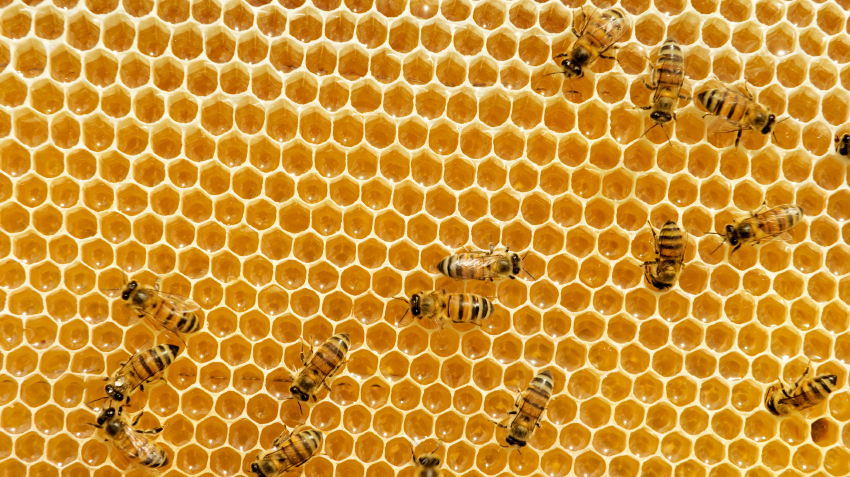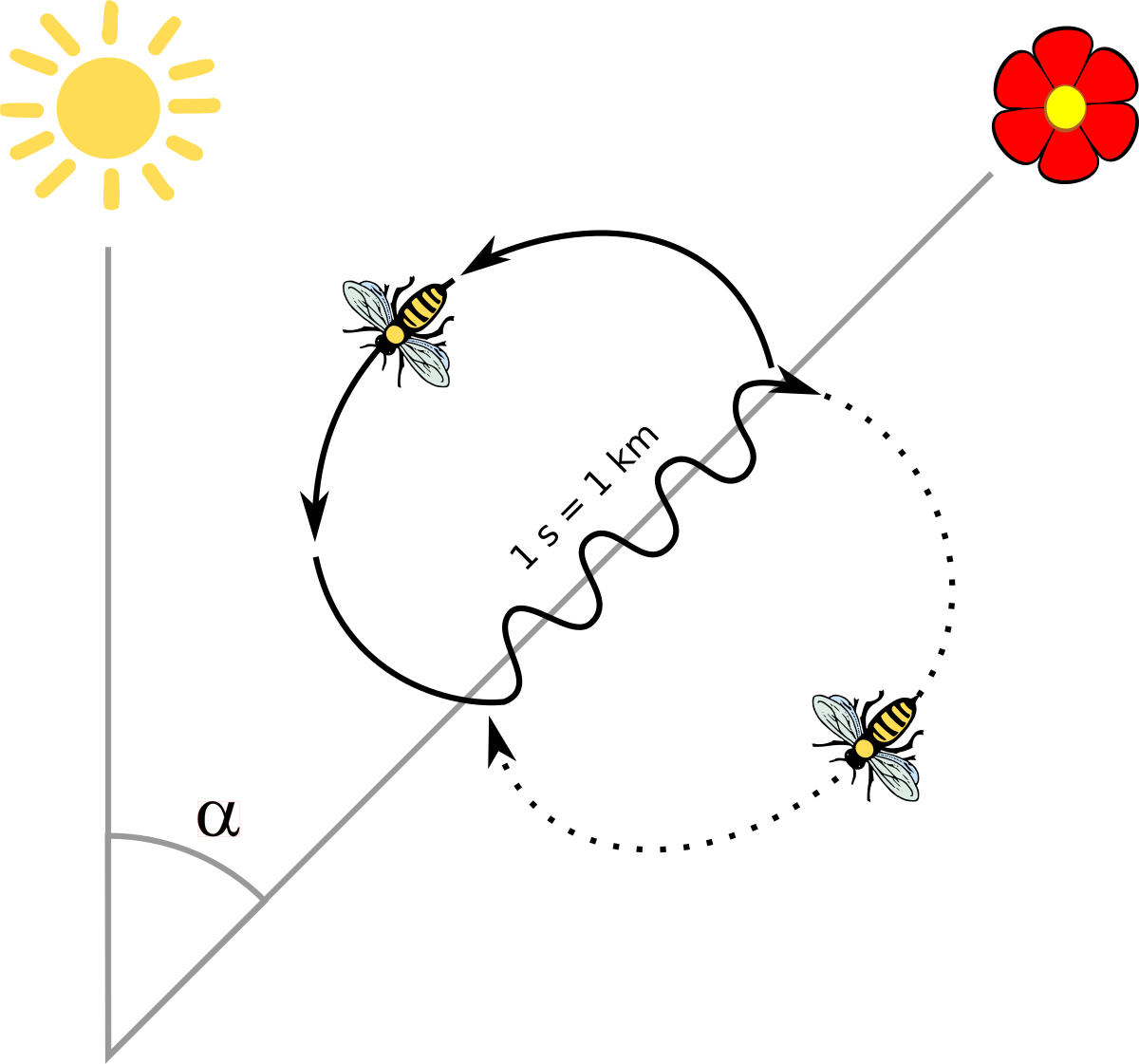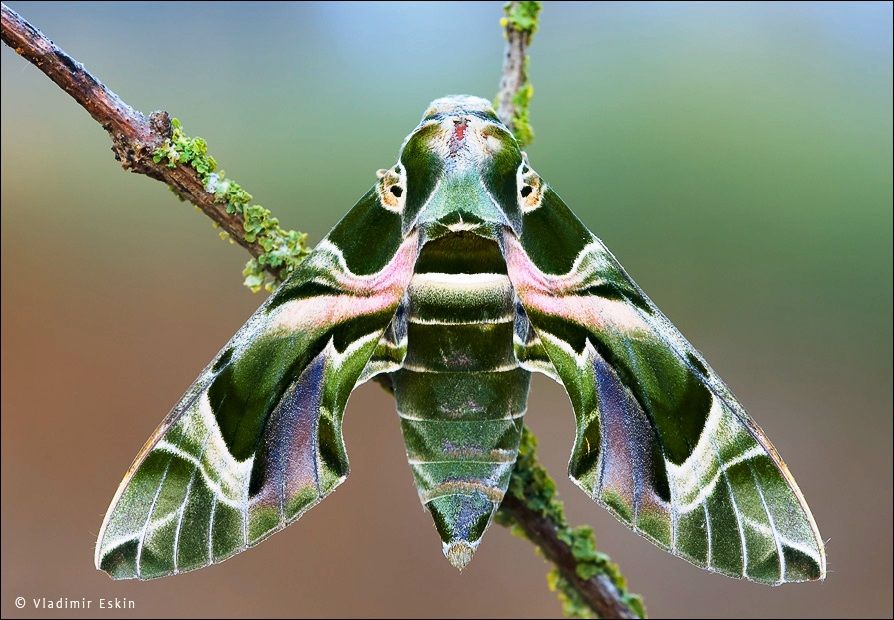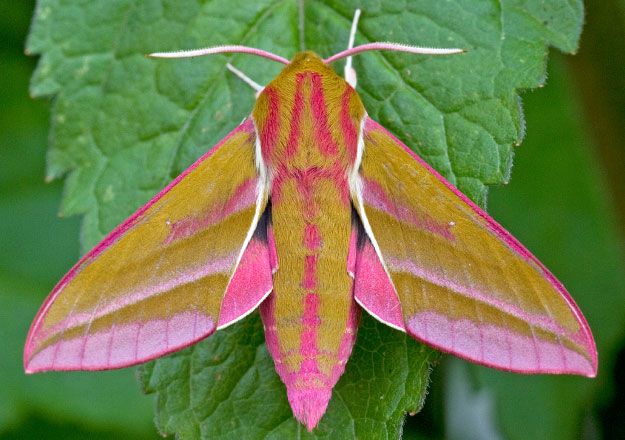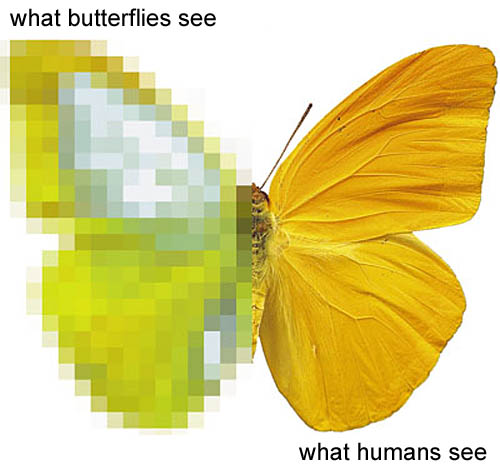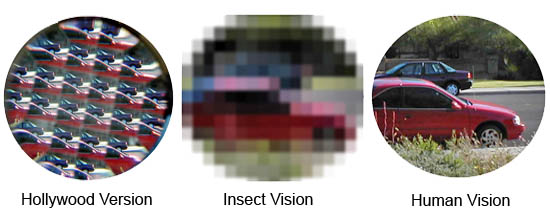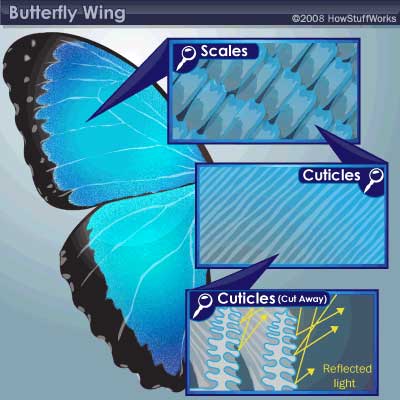I guess I could just say that I don't understand the evolution of butterflies and flowers, etc, and I am amazed by it... I guess I can't really make further conclusions of whether an intelligent force definitely guided it...
Your lack of understanding of how evolution works can be fixed through education. But this takes real work, unlike the wishful thinking you apparently like to engage in. Again, there is a tried and tested naturalistic explanation for the processes that shape the evolution of living things, and there is no evidence to support the supernatural scenario you hypothesize about. The odds of your hypothesis being true are so infinitesimally small that they can safely be ignored.
Lets consider this hypothetical scenario: You know there was a slice of pie in the fridge when you left for work this morning. The pie is gone when you return home, and your wife informs you that she saw your son eating it. It would be irrational to believe that the slice of pie was taken by a supernatural entity from outside the universe in the face of all the information available to you. Just as irrational as believing that the natural world is shaped by the machinations of an unseen supernatural entity, when a good naturalistic explanation exists that explains how living things evolve.


